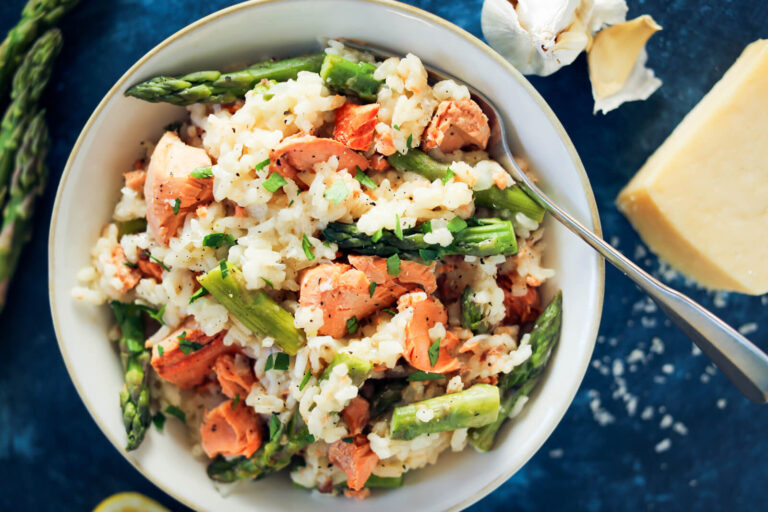Download the current version of our newsletter
Autumn 2019 Newsletter
Assessing your risk is key to health cover
“I went for a jog one morning, felt some chest pain and thought just to be safe I’ll see my doctor and see if there’s anything to worry about. After a few tests my doctor concluded it is probably just overexertion and nothing to be worried about. He advised me to take it easy, keep hydrated, and watch my diet. When I applied for insurance they asked me huge amounts of questions and wouldn’t give me cover until I had been for more tests. If my doctor is happy, why isn’t the insurance company?” 
To answer that question, we need to examine the differences between doctors and underwriters. Doctors have a singular focus – your health, wellbeing and treating you appropriately to resolve whatever is ailing you. They are dedicated, passionate and do amazing work focusing on each patient. Underwriters assess each individual while maintaining a larger focus on the client base to ensure fairness, consistency and undue risk.
The word risk is important here and is key to understanding the difference between the decisions a doctor and an underwriter will make. In the scenario above the doctor is assessing the risk in front of him – what is the immediate danger the patient is in and do the symptoms indicate some underlying condition that requires treatment? Your doctor’s focus is to uncover exactly what you are suffering from at the point of your consultation. They are adept at deciphering your symptoms and initiating treatment with the singular goal of getting you back to your healthy best.
Underwriters have a slightly different focus when it comes to assessing your health. When quantifying your risk, an underwriter is looking not only at what your present state is, but the risk for the lifelong duration of your policy. The chest pains you experience while jogging may mean you are predisposed to conditions that may only present themselves later in life. If the condition is serious and potentially debilitating, an underwriter needs to assess the likelihood of it occurring and adjust their assumptions accordingly.
At its core, insurance is built to be a life-long contract and careful, insightful, nuanced underwriting ensures clients have the protection they need today and well into the future. Your insurer can revise its assumptions if conditions improve in the client’s favour, such as stopping smoking, losing weight, lowering cholesterol etc. Talk to your Eric James and Associates advisor to identify the best cover for your needs.
Claims will be honoured
Life insurers say they won’t use the terrorism exclusions contained in some clients’ policies to avoid paying out claims to victims of the Christchurch mosque attacks.
Some personal insurance policies contain a clause that allows an insurer to refuse a claim in cases of ‘war, riot, terrorism and civil insurrection’.
That has prompted some concern that families of the 50 killed, or the survivors still in serious condition, might not be eligible for financial help from their insurers.
But insurers have said, even if the victims had policies that contained the exclusion, they would not use it.
Off to the ski slopes? Sunsense applies in winter too
Skin cancer (melanoma and non-melanoma) accounts for almost 80% of all new cancer diagnoses in New Zealand. Around 67,000 new cases of non-melanoma skin cancer are diagnosed here each year. Some 500 New Zealanders die from skin cancer each year.
Over 90% of skins cancers are attributable to sun exposure. While it is important to be SunSmart in the months between September and April, especially between the hours of 10am-4pm when UV radiation levels are very high, if you’re heading to the slopes this winter, it is also important to be SunSmart at high altitudes and around snow or water.
People of all ages and skin colours can be diagnosed with skin cancer but those at a higher risk are people who have fair skin and red or fair hair; fair skin that burns easily no matter what hair colour; had one or more severe sunburns—especially in childhood and adolescence; used sunbeds, particularly at a young age; had previous skin cancers; a family history of melanoma (parent, brother, sister or child); large, irregularly shaped and unevenly coloured moles, or a large number of moles.
Remember to Slip – into shade après ski; Slip – on some sun protective clothing (i.e. ski jackets with collars); Slop – on broad-spectrum sunscreen that has a sun protection factor (SPF) of at least 30, 20 minutes before you go outside; Slap – on headwear that protects your face, head, neck and ears; and Wrap – on some close-fitting goggles or sunglasses.
For more information, phone the Cancer Information Helpline 0800 CANCER (0800 226 237).
Advance care planning
No matter what your age or state of health, it’s never too early to start talking about the care you’d like if you could no longer make decisions for yourself.
This includes talking and thinking about:
- what’s important to you
- who you want to involve in decisions about your treatment and care
- how much treatment you’d want and when you’d want it to stop
- where you’d like to be cared for.
To find out more about advance care planning, go to www.advancecareplanning.org.nz
Best Bread & Butter Pickles
There’s an abundant crop of cucumbers in the garden this year – time to make an all-time family favourite. Served with cheese platters, in sandwiches, or with cold meats, these most delicious pickles can be stored in your pantry and will keep for a year. Once open, keep in your refrigerator.
5 cups sliced cucumbers, skins peeled
1 large onion, finely sliced
1 Tb coarse salt
Cracked ice (about 2 cups)
1 cup cider vinegar
1 cup sugar
¼ tsp ground turmeric
¼ tsp celery seeds
1 tsp mustard seeds
Place sliced cucumbers and onion in a large bowl, sprinkle with salt and add the ice. Mix well and leave for at least 3 hours (even overnight).
Drain in a colander and rinse thoroughly.
In a large pot, combine the cider vinegar, sugar, turmeric, celery seeds and mustard seeds. Add the drained cucumbers and onion. Place on a medium heat and bring to almost boiling point. DO NOT BOIL (as this will make cucumbers soft and you really want crunchy pickles).
Remove from the heat and seal in sterilised jars. * When cool, store your jars of pickle in the pantry for at least three weeks to give the flavours time to develop.
*Sterilise jars by washing well in hot soapy water, placing on a baking sheet in a hot oven for 15 minutes.
Congratulations to the winners of our Auckland barrel draw, Sam and Stacey Dorthe from Whangaparaoa, seen here with Eric James and Associates advisor Laura Terrey.

Kelly Xu of Burnside was the winner of our Christchurch barrel draw. She accepted her prize from our Christchurch Regional Manager, Kinest Jin.





